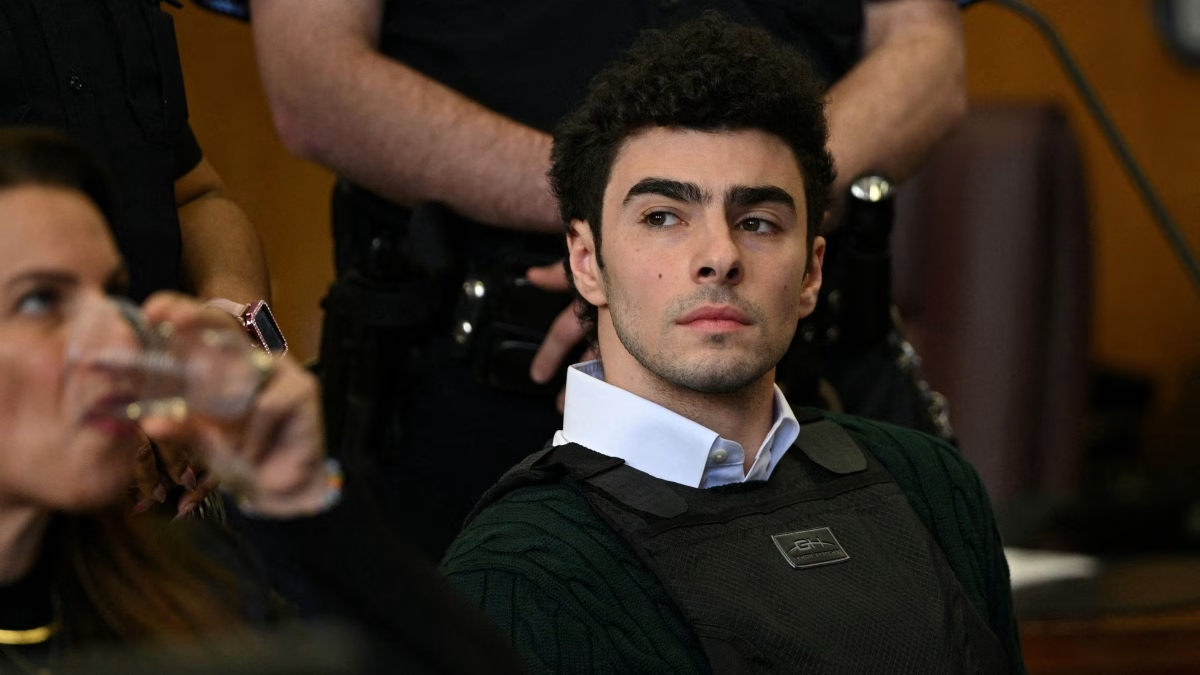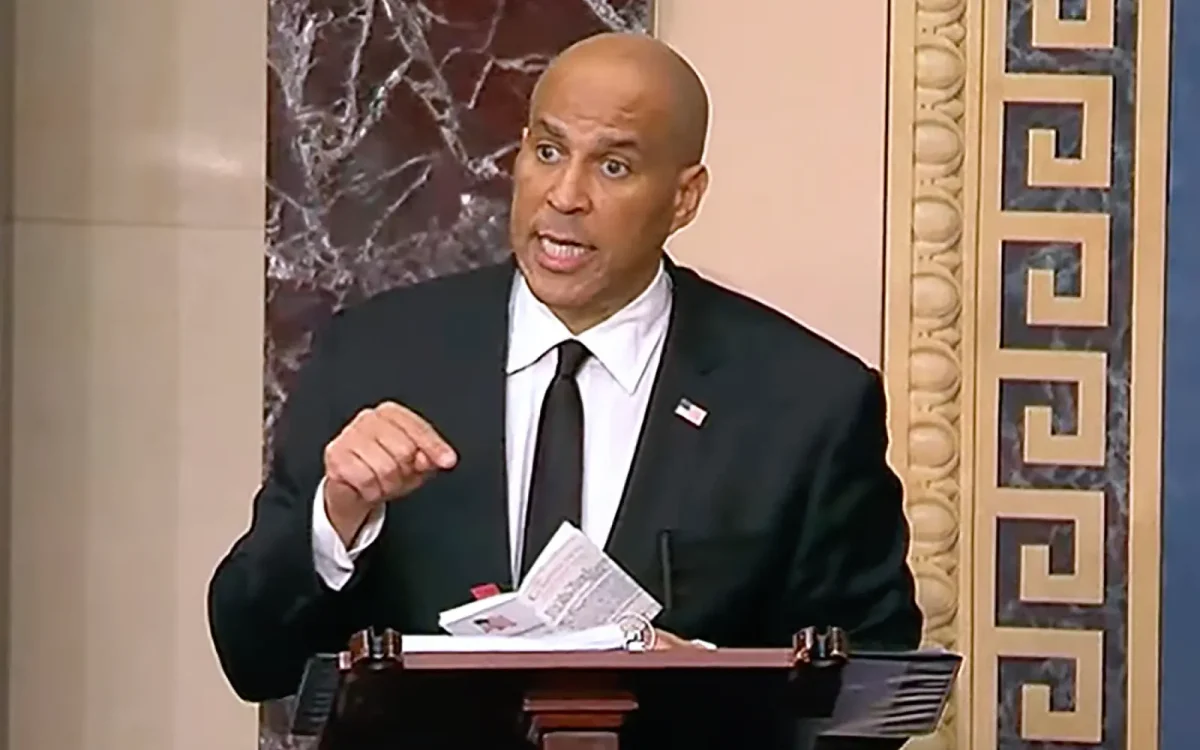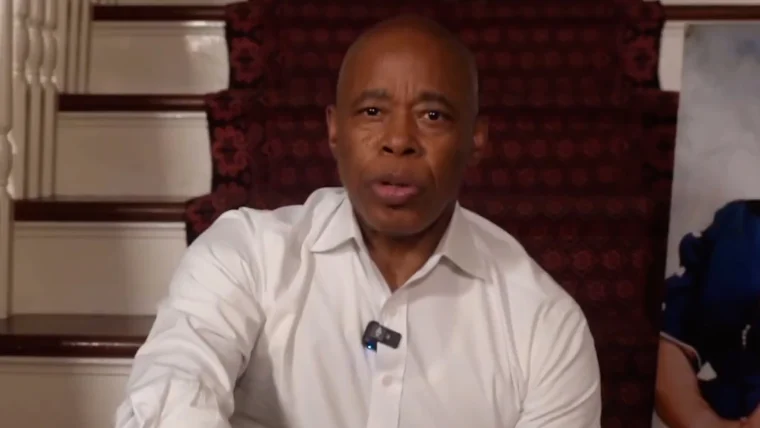The Congress of Maryland will be writing to President Donald Trump on Monday to urge him to posthumously bestow the nation’s highest civilian honor on one victim of the Capital Gazette shooting who saved the lives of her peers.
According to the Gazette, reporter and editor Wendi Winters rushed the gunman with a recycling bin and garbage can to distract him, a final act that witnesses say saved the lives of others in the newsroom.
The congressional delegation of Maryland will ask the President to grant Winters the Presidential Medal of Freedom for her heroism. Her actions will be remembered by many as a great act of human kindness and bravery during an event that will be marked down in history.
On June 28, a deadly shooting at the Capital Gazette newsroom in Annapolis, Maryland left 5 staff members dead, two others injured, and the entire journalism community distraught. Suspect Jarrod Ramos, who previously tried to sue the paper for defamation in 2012, barricaded the back entrance upon entering the newsroom. He was quickly detained by police and charged with five counts of first-degree murder in court.

Media outlets across the nation mourned and received increased law enforcement protection, and a community was left reeling, wondering how such an event could transpire so close to home.
This is not the first time a tragedy of this sort has occurred in this community. In January 2015, the Charlie Hebdo terrorist attacks, in which 12 employees of the French satirical magazine were gunned down, left many in disbelief over how such hatred can find itself looming in the most unexpected and seemingly safe places for expression.
The Capital Gazette informed readers and followers of the newspaper of the situation through Twitter, publishing online articles quickly after the suspect was in custody. Many were even live-tweeting as the situation was unfolding, updating their followers and loved ones. Soon after, an article for each of the 5 victims was released on the paper’s website, detailing their lives and the impact each of them had on the newspaper. Amidst the chaos, the Capital Gazette tweeted, “Yes, we’re putting out a damn paper tomorrow,” and they did just that. Rather than ceasing production, the paper honored the lives of those lost by doing exactly what they stood for: reporting the truth and speaking up.
In their first issue after the shooting, the paper’s opinion section was intentionally left blank, with a message beginning with “Today, we are speechless”, commemorating the victims. The next issue included statements in the editorial section regarding the rhetoric against the press and journalists that has come to light under the Trump administration, and how the trouble distinguishing between what is real and what has been exaggerated has caused a deep division within the institution of journalism and its image across the country. They also wrote about how we must all be willing to accept the blame for what happened because when we remain silent in these times, as some have, we are then complicit.
When the press as a whole is targeted, the impact is felt across the nation. We as a community, as a university newspaper, as readers of newspapers and receivers of constant notifications from news outlets, must uphold the revolutionary act of speaking the truth and the right to do so. We must support informing people about what is occurring throughout the world, and what is occurring in this very city.
Whether a publication acts as the voice of millions of people who struggle to be heard or it acts as the voice of one university’s community, these publications shoulder the enormous responsibility of reporting the truth, even in the face of adversity. No one should ever be afraid of using their voice to speak out against what is wrong or to speak up for those who cannot. We have the power to create prolific change in this community and in this country, and we have the duty to exercise that power.













